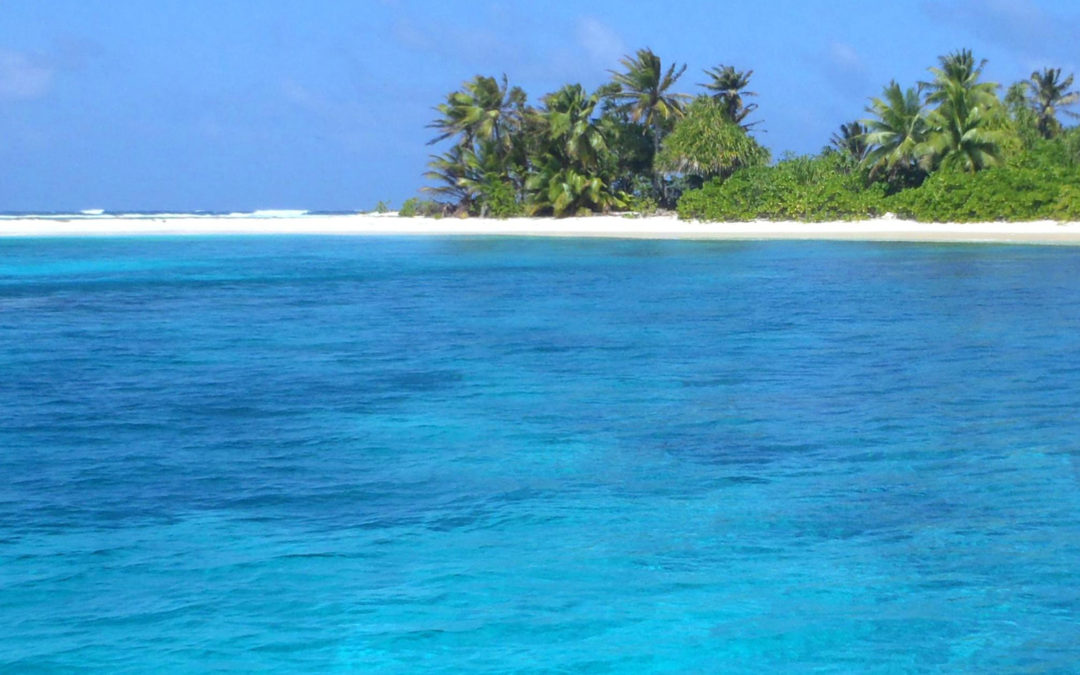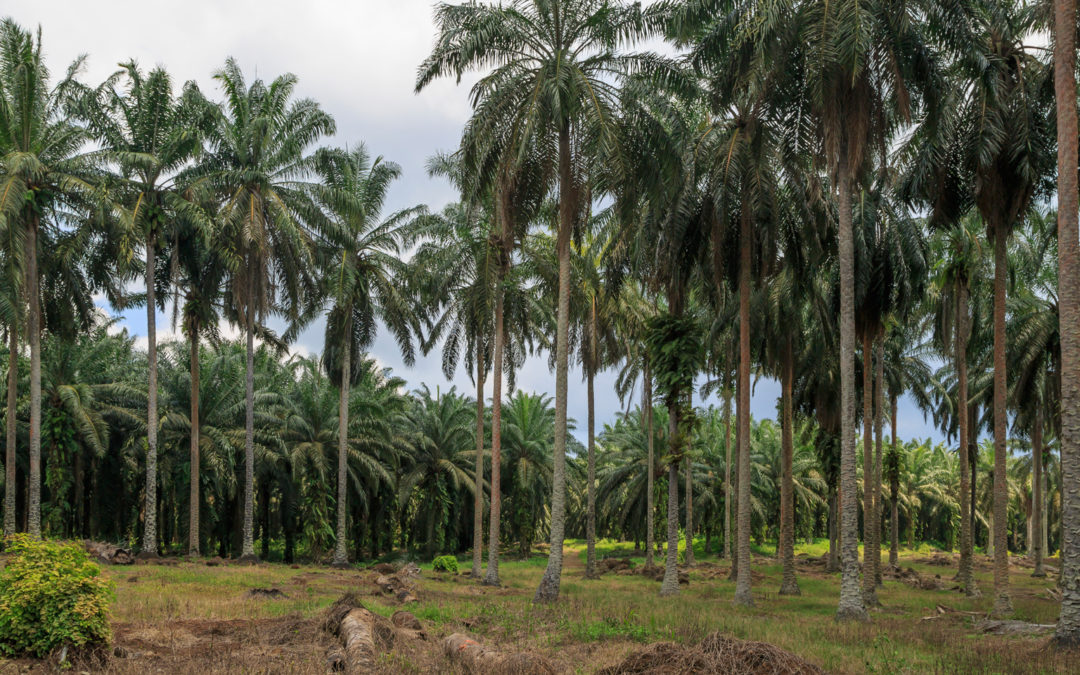
Improving dairy value chain and gender inequalities in Northern Cameroon
Integrated water-energy-livestock project for the dairy value chain in the municipalities of Petté and Wina in the Far North of Cameroon
The vision of the PNACC is that by 2035, Cameroonians – especially women, children and the vulnerable – and the country’s economic sectors will become more resilient and able to adapt to the negative impacts of climate change.
The objective is to implement an integrated Water, Energy and Livestock project for the dairy value chain in the Far North Province of Cameroon, that has a strong similarity with other Sahelian countries, where lack of economic growth, environmental degradation and instability are the main characteristics.

Location of the project related municipalicties Petté and Wina in the North Region of Cameroon. Source: Oikologica
A 2018 study on the evolution of temperature and rainfall showcases that climate change is causing a reduction in the annual volume of rainfall, an alteration of rainy periods and an increase in average temperatures. These impacts affect the dairy value chain altering the availability of crops to feed cows, reducing water resources and negatively affecting animals.
Through a number of questionnaires administered in the municipalities of Petté and Wina, OIKO diagnosed the entire dairy value chain, dissecting its different components and, at the same time, understanding its holistic logic and the different energy gaps present to elaborate an assessment of the corresponding technological needs. At the same time, we have also paid special attention to the balance between men, women, and youth through an effective integration of the gender and youth components, aiming to reduce inequalities in the implementation area.
Expected Outcomes
- Deployment of identified technologies for the conservation of dairy products through shared funding among international sources, the state, and possibly a producer association.
- Creation of an intermediate storage facility shared by producers
- A secure delivery system to the point of sale
- Establishment of small-scale enterprises involved in dairy value chains, dairy preservation, and milk processing
- Establishment of enterprises for the repair, sale, and maintenance of technologies
- Increased milk self-sufficiency in the region
COUNTRY
Cameroon
IMPLEMENTATION PERIOD
2021
DONOR · PARTNER
CTCN/UNIDO






